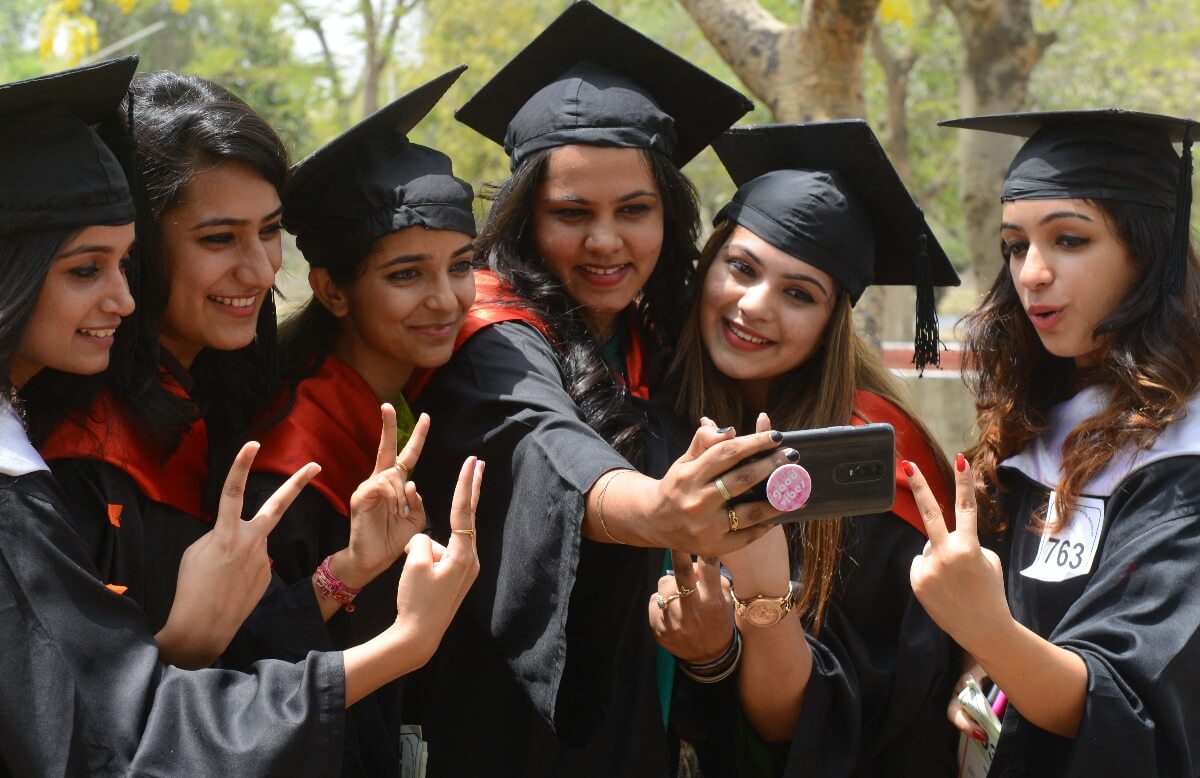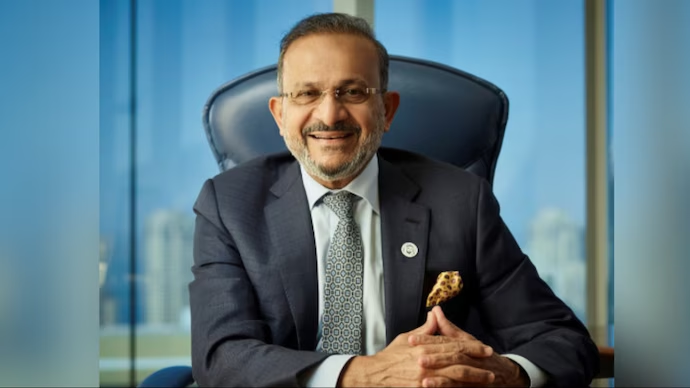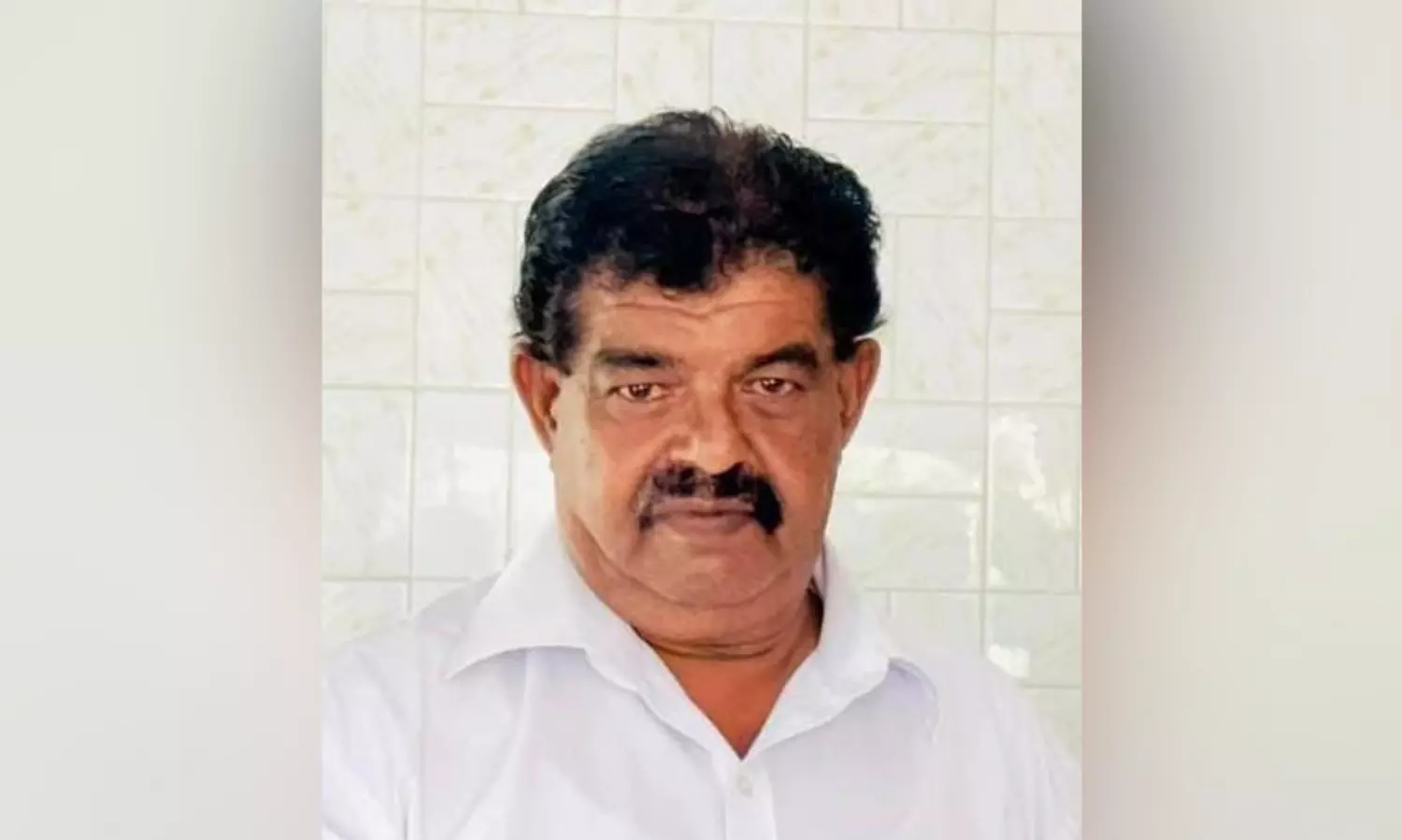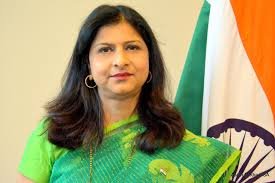What was started in 2018 under the state-run Prakritik Kheti Khushhal Kisan Yojana, has struck strong and deep roots. In translation it simply means “Natural Farming, Happy Farmers’ Project. This year, October 22 was observed as ‘Mahila Kisan Diwas’ or Women Farmers’ Day throughout the state
Women farmers of Himachal have taken to traditional methods of low-cost, non-chemical farming, using only organic fertilisers like cow dung and urine. In the process, they have shown how to reap higher yields and better quality of produce without any damage to nature and the environment.
What was started in 2018 under the state-run Prakritik Kheti Khushhal Kisan Yojana. Has struck strong and deep roots. In translation it simply means “Natural Farming, Happy Farmers’ Project”.
What could be more apt? Befittingly this year, October 22 was observed as ‘Mahila Kisan Diwas’ or Women Farmers’ Day throughout the state of Himachal Pradesh.
According to Project officials this remarkable shift in mindset, stems from concerns about the intensive use of pesticides in farming.
“More and more women, either individually or in self-help groups, are turning up as catalysts, sowing the seeds of change and prosperity”.
One such group with over 20 women farmers is in Chagaon village in Tapri block of Kinnaur district. They have adopted the low cost, non-chemical and climate resilient Subhash Palekar Natural Farming (SPNF) technique being promoted under the Prakritik Kheti Khushhal Kisan Yojana on some portion of their farms.
Since its launch, over 1.5 lakh farmers in the state have been trained in SPNF techniques. The number of women participants in all training sessions has been reasonably good.
But the women have benefitted in other ways as well. Coming together as women farmers out to make a difference, the Project has instilled in them a new-found sense of purpose, solidarity and confidence, irrespective of their varying educational backgrounds.
Ganga Sarni Bisht (54), a post-graduate in Hindi and a teacher for many years and farming independently since 2013 says “This is a totally different kind of empowerment”. Bisht belongs to Kilba village of Kinnaur district of the state.
Since its launch, over 1.5 lakh farmers in the state have been trained in SPNF techniques. The number of women participants in all training sessions has been reasonably good.
She says she shifted to this non-chemical farming technique after attending a training workshop on the SPNF technique three years ago.
Says Bisht “now I’m growing vegetables like beans, radish, carrots spinach and beetroot on one bigha of land together with apples”.
Charna Devi is a middle-aged tribal woman from Chagaon village, Kinnaur. As a member of a group of 20 women farmers since 2019, they grow apples, garlic, maize, and other traditional crops on their farms.
“It has been a unique and fulfilling experience. We function like a family and help each other in finding solutions for personal and social problems”, she explains.
Charna Devi adds “I could have never thought of going beyond Shimla. The travel not only changed my outlook towards agriculture but taught me so many other things.”
She was referring to a recent trip to Kurukshetra in Haryana, some 400 km from her remote village, for exposure to natural farming.
Project Executive Director Rajeshwar Singh Chandel says “Women have an important role in agriculture. Their inclusion in natural farming as trainers and master trainers will certainly give good overall results,”
Working individually on around 12.5 bigha of land using the SPNF technique has helped them grow multiple crops alongside apples, like pulses and vegetables, which not only supplement their family income but the farm health also, he adds.
**********************************************************************











